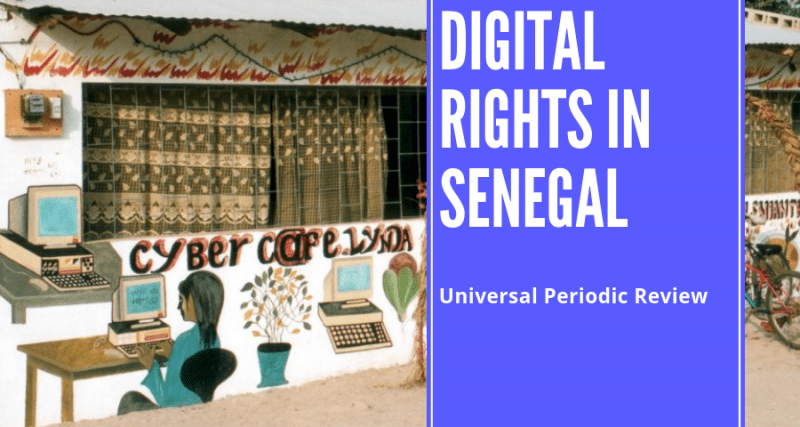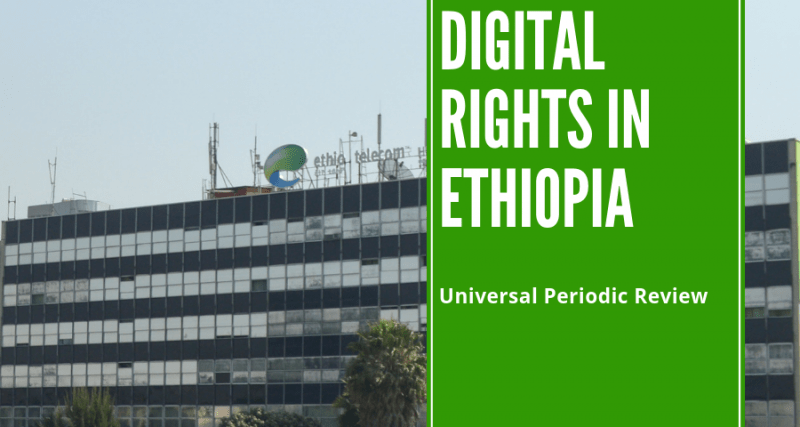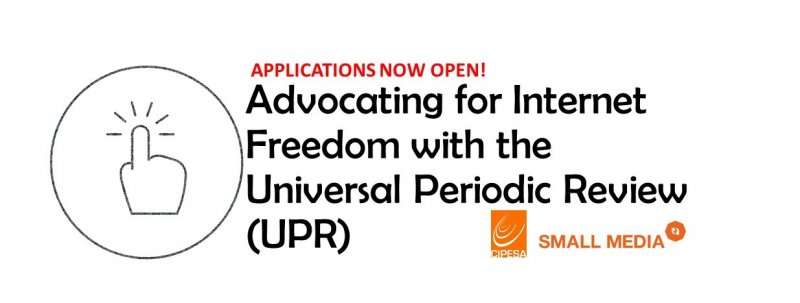By Sandra Acheng |
Due to the rise of internet usage, there is an increasing rate of abuse, threats, and attacks on the internet users’ which women usually fall prey to. The internet can lead to disruption and disinformation and this determines the intensifying need for defending digital human rights violations with a focus on freedom of expression, press freedom and digital rights. Human rights online is a topic that is often forgotten during discussions of human rights violations because the concept is still quite new without acknowledging the reality that human rights offline can translate online. Many people usually face numerous human rights violations online but they are not even aware that their rights are being violated or where and who to report to in case this happens.
The growing rate of human rights violations online is a result of more people getting online and this greatly affects internet freedom. Uganda experienced internet shutdowns by the government during elections in 2016 and this affected freedom of expression and online digital rights of users. Also, the introduction of Over the top (OTT) by the Ugandan Government last year in June 2018 has limited users from accessing and using the internet. The increased use of ICT has led to women facing abuse and violence more than ever for instance the growing rate of Non Consensual distribution of images commonly done by intimate partner (NCII) commonly referred to as “Revenge Porn” is usually associated to morality and decency of women which violates their privacy, women’s rights as well as criminalizing and undermining women who exercise their right to sexual expression.
This year, Collaboration on International ICT Policy for East and Southern Africa (CIPESA) in partnership with Small Media convened a two days’ pre-event workshop on the 23rd and 24th September 2019 @FIFAfrica2019 at Ethiopian Sky Light Hotel for human rights defenders on UPR. It was an intense, interactive and fun training that gathered over 30 male and female participants from different African countries that are doing incredible work to champion freedom of expression, press freedom, and human rights online also known as digital rights to influence government and non-government actors in their country or others in defense of human rights. The two days’ workshop tackled;
- Introduction to the Universal Periodic Review Advocacy Assembly
- Making an Impact with the Universal Periodic Review
The understanding of UPR
The human rights system that previously existed was criticized for being selective (not all states, not all rights), non-collaborative, paralyzed by political games, therefore, the UPR came as a response to the Human Rights system because UPR is non-selective, collaborative and have no double standard. UPR is Universal Periodic Review and the first United Nations Human rights mechanism on Human rights online to create a more just world for everyone since it requires every UN member country to review, therefore, it gives entry to CSOs.
The UPR CYCLE
The universal periodic review happens every 4 to 5 years for 6 months. However, Countries have limited time to make recommendations.
How can internet freedom be championed in UPR?
Human rights review mechanism such as United Nations Universal Periodic Review provides a good opportunity to review human rights violations online among African countries and can be a good way of arguing that digital human rights are universal and hold African governments accountable on how they treat their citizens on this. Here are incredible ways internet freedom can be championed in UPR;
- Building capacity of more human rights defenders and activists in African civil society organizations
- Encourage collaborations at the national level; by bringing in new people during the periodic reviews of states doing the same work to get more people aware. Collaborations by group increase credibility because local NGOs collaborate with international bodies and togetherness is better.
- Increase participation by involving different actors in CSO activism and human rights in different Africa civil society countries to lobby governments to submit recommendations.
- Make UPR an expert mechanism because UPR is a political mechanism and it focuses on states which consider only national priorities.
- Increase the time taken by each state to raise issues and make recommendations at Geneva because usually 50-100 states take the floor for 3-5 hours and make 4-5 recommendations which are limited time for each state to put the recommendations
- Gather more activists and human rights defenders to convince African states to raise the issues of policy and laws during the UPR and take up recommendations made.
- Showcase more research to make the UPR recommendations valuable.
- Form a coalition in different African countries or states so that the group get accurate and real time information and participate in UPR which will give a sense of responsibility and commitment by different states to make submissions in time.
However, there are relevant tips or rules for advocacy of issues for considerations during the preparation of recommendations of a state under review;
- The recommendation must be specific enough by mentioning specific laws and should be easy to follow up on the recommendations
- It is good if the recommendations focus on only one issue.
- It is better if the recommendations are action oriented.
- Use Human rights language. Avoid languages that make the recommendations impossible.
- Make the recommendations stronger by backing it up with references in your country for instance treaties or laws in your country.
- Back up your recommendations from the African commission or other international bodies.
- It is useful to put yourself in the shoe of the person you are trying to interest on your issues for instance on time.
- Know your country very well in terms of internet freedom.
- Prepare a statement of UPR for 2 weeks in about 10 countries.
- It is good to make the presentation of recommendation a dialogue
- It is always good to contact the person you are convincing before because they may not support your issues.
- Note that not all diplomats are familiar with human rights online.
- Pitch your idea.
There is need to build capacity, encourage collaborations and increase participation in Universal Periodic Review (UPR) process.




